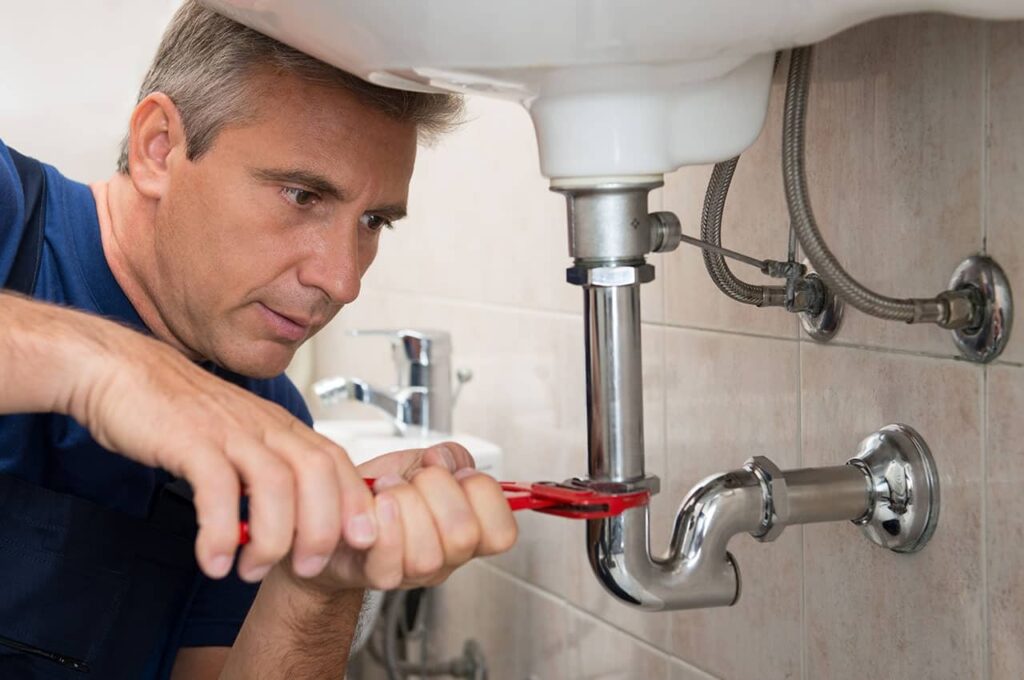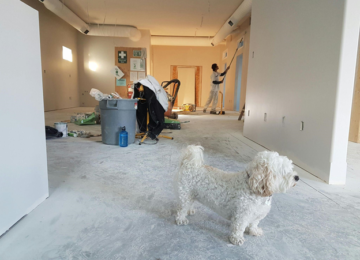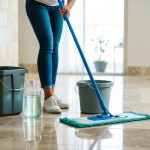Having a functioning plumbing system is essential for every home. When something goes wrong with your plumbing, it causes serious and expensive problems. From leaky faucets to burst pipes, plumbing issues disrupt your home life and damage your property. Fortunately, there are steps you take to keep your plumbing in good working order.
Inspect faucets and pipes regularly
The first line of defines for a good Chiswick plumbing system is regular inspection. Check faucets, pipes, and joints periodically for any signs of leaks or damage. Dripping faucets may signal worn washers or gaskets, which are easy and inexpensive repairs. Leaks from pipes or joints may indicate more serious problems requiring a plumber’s expertise. Catching minor leaks early prevents more substantial damage. Also, inspect supply pipes under sinks to check for corrosion.
Replace washers and gaskets as needed
If you spot a leaky faucet, the cause is often worn-out rubber washers or O-rings that allow water to drip out. Replacing these gaskets and washers is a quick and easy DIY plumbing fix. Turn off the water supply to the faucet, pry off the handle and trim, remove the screw holding the washer in place, and install a replacement washer of the same size. Put the faucet back together in reverse order. This prevents waste and stops annoying drips.
Hair catchers in drains
Prevent clogged drains by installing hair catchers or drain screens in shower and sink drains. These devices trap hair and particles going down the drain where they cause backups. Clean hair catchers periodically by removing the caught hair and rinsing them off. Hair catchers allow water to flow freely down drains and keep harmful clogs from forming.
Avoid pouring grease down drains
Grease, fats, and oils should never be poured down kitchen sinks. When washed down drains, grease sticks to pipe interiors and hardens over time, causing clogs. Always dispose of cooking oils, bacon grease, and meat fats in the garbage rather than the sink drain. Using paper towels to wipe greasy pans before washing reduces drain clogs.
Flush drains with boiling water monthly
To keep the drains clear, pour a pot of boiling water down each drain once a month. The boiling water will melt any accumulated grease or soap buildup. For an extra cleaning boost, mix in 1/4 cup baking soda and 1/4 cup vinegar before flushing with the boiling water. This will break up gunk and keep your drains free-flowing.
Drain snake to remove clogs
For stubborn clogs that don’t clear with other methods, a drain snake is an effective tool. Feed the coil down the drain and twist the handle to unclog the drains. Use a snake regularly after trying other drain-clearing methods to keep tough clogs from developing. Make sure to snake bathroom and kitchen sinks monthly.
Install hair and debris catchers
Hair and debris catchers are metal screens installed over drain holes to collect hair, soap scum, and particles. Preventing this debris from entering your pipes helps avoid clogs. Hair and debris catchers are easy to clean out as needed without having to disassemble pipes.










